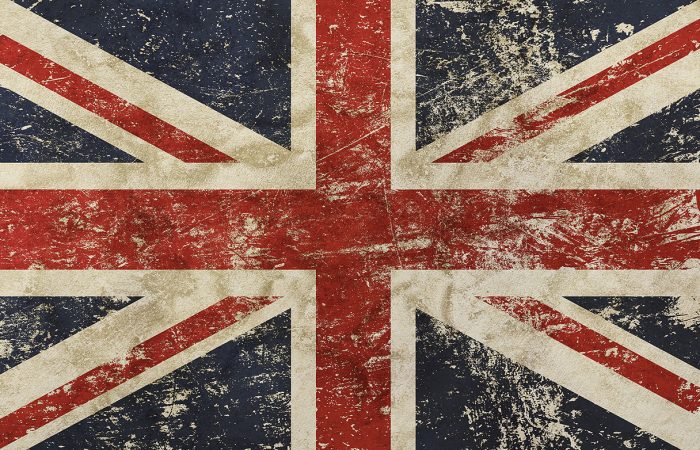Charles Ellinas*
In the latest edition of the ‘Digital Quality of Life (DQL) Index 2023’, Cyprus improved its ranking by six places to 31st worldwide in 2023, from 37th in 2022 and 35th in 2021 and 2020. Whilst in a good position globally, Cyprus rank in 22nd position among EU countries, but, again, it is an improvement against 2022 by four places. Overall, Europe continues to lead in digital quality of life, 9 out of 10 countries with the highest DQL Index being European.
The DQL Index is an independent study compiled annually by Surfshark (https://surfshark.com/dql2023), a cybersecurity company, registered the Netherlands. This year it covered 121 countries, indexing the digital quality of life based on five core pillars: internet quality, internet affordability, e-security, e-infrastructure, and e-government.
This is the fifth edition of the Index, and it offers insights into factors that impact a country’s digital well-being and areas that should be prioritized for future improvement. With the results for this and the previous three editions being comparable, the Index makes it possible to accurately track each country’s digital progress over the last three years.
With so many daily activities, including work, education, and leisure, done online, in many nations the ‘digital quality of life’ also provides a measure of the broader concept of overall ‘quality of life’. That is why it is crucial to pinpoint the areas in which a nation’s digital quality of life thrives and where attention is needed.
Out of the Index’s five pillars, Cyprus performed best in internet affordability, claiming 20th place, while facing challenges in internet quality, ranking 59th, requiring considerable improvement.
In more detail, Cyprus improved substantially in terms of internet affordability (from 51st 2022 to 20th in 2023) and electronic infrastructure (from 39th to 27th) but declined in internet quality (from 53rd to 59th), electronic security (from 22nd to 26th), and electronic government (from 31st to 42nd).
In terms of internet quality, even though Cyprus performance declined in 2023, it is close to the global average, but well below that of countries it should aspire to emulate:
- Fixed internet averages 83 Mbps in Cyprus. To put that into perspective, the world’s fastest fixed internet is Singapore’s at 300 Mbps
- Mobile internet averages 178 Mbps. The fastest mobile internet is the UAE’s at is 310 Mbps
Compared to Greece, Cyprus’ mobile internet is 47% faster, while fixed broadband is 54% faster. Since last year, mobile internet speed in Cyprus has improved by 12%, while fixed broadband speed has grown by 43%.
Another area where Cyprus performance declined in 2023 is e-security — at 26th position, four places lower than last year. The e-security pillar measures how well a country is prepared to counter cybercrime, as well as how advanced a country’s data protection laws are. Cyprus is prepared to fight against cybercrime, and since it is a member of the EU and subject to the GDPR, it has excellent data protection laws. But in 2023, cyber-attacks are on the rise, with both public and private sectors targeted. Ransomware has become the most lucrative form of cybercrime in Cyprus, with a 75% surge in attacks in 2023.
Not surprisingly, the study found that countries with better e-infrastructure are more equipped to prevent cyber threats and incidents. In addition, countries with the highest readiness to adopt AI technology are also ready to counter national cyber threats.
When it comes to public services, governments with established, easily accessible online services are better prepared to implement AI in the public services sector.
The study found a strong correlation between e-government, e-security, and e-infrastructure and the DQL Index. This suggests that countries that invest in improving these three pillars are most likely to improve their whole DQL performance.
The improvements in overall performance in Cyprus’ digital quality of life in 2023 can only but be welcome. But there is still room for improvement when compared to other EU countries.
*Charles Ellinas is Senior Fellow at the Global Energy Centre of the Atlantic Council.




